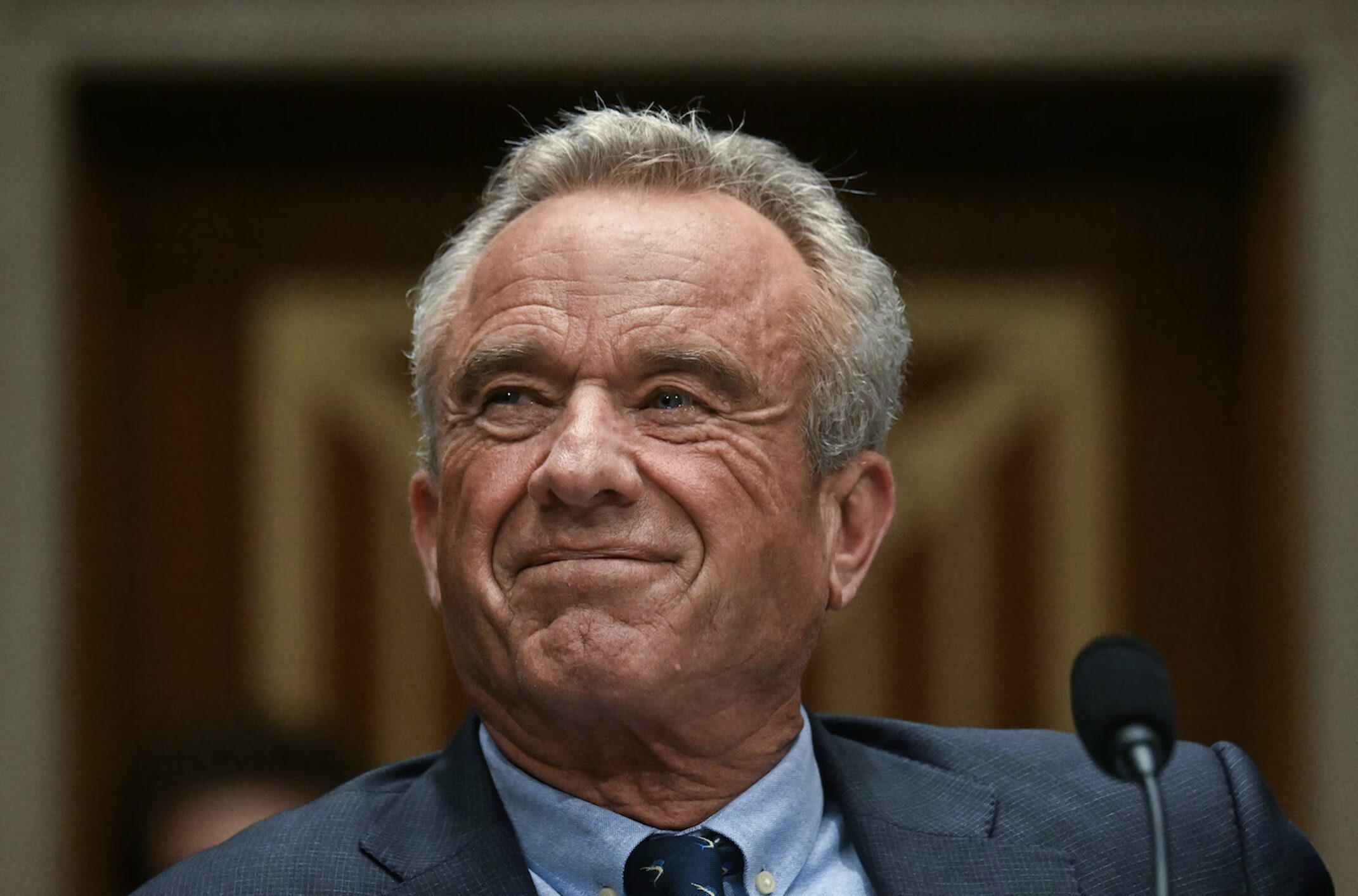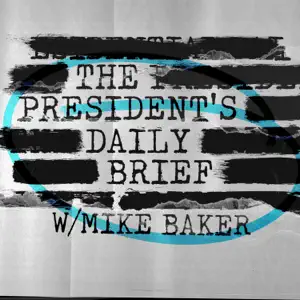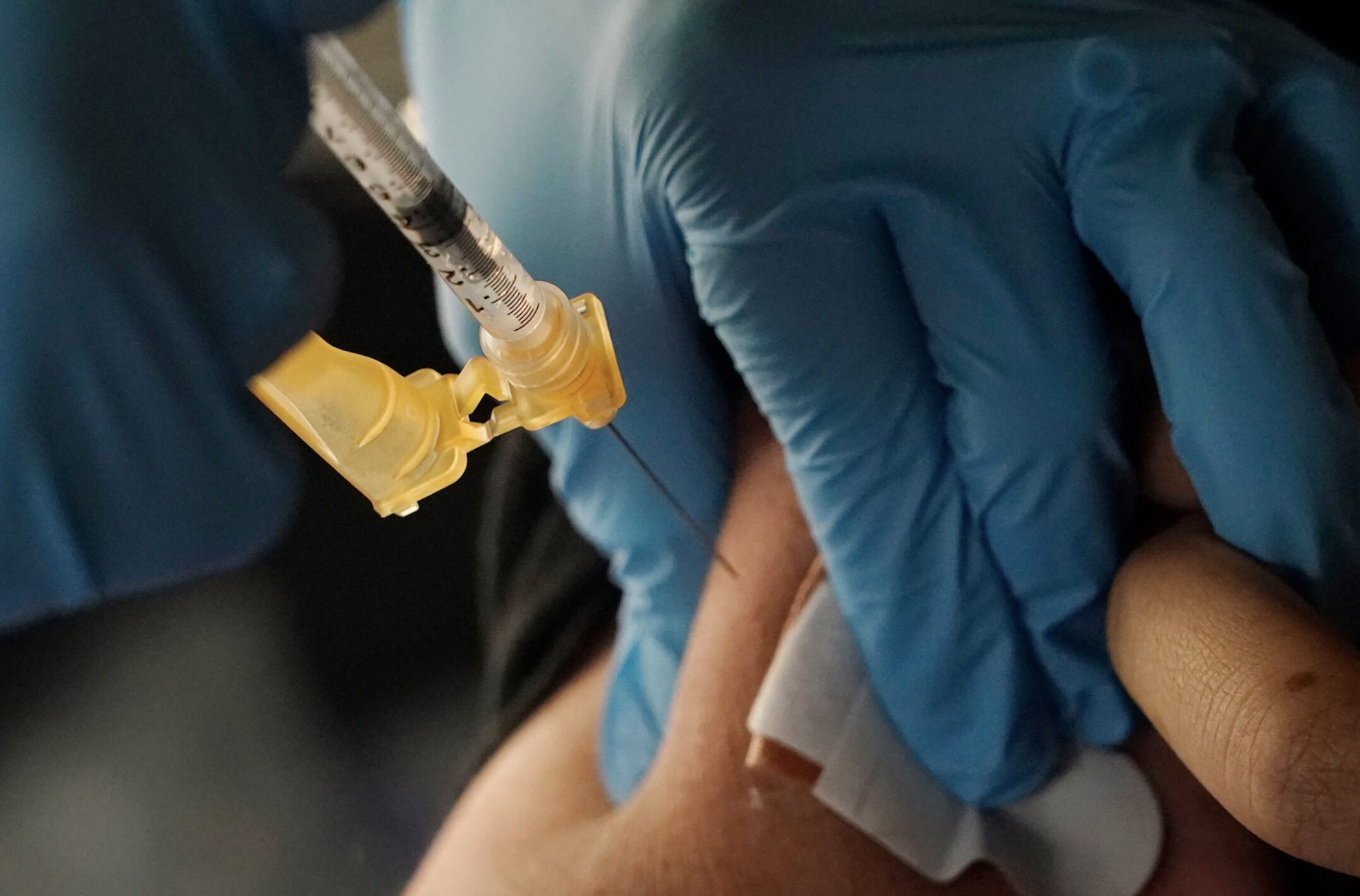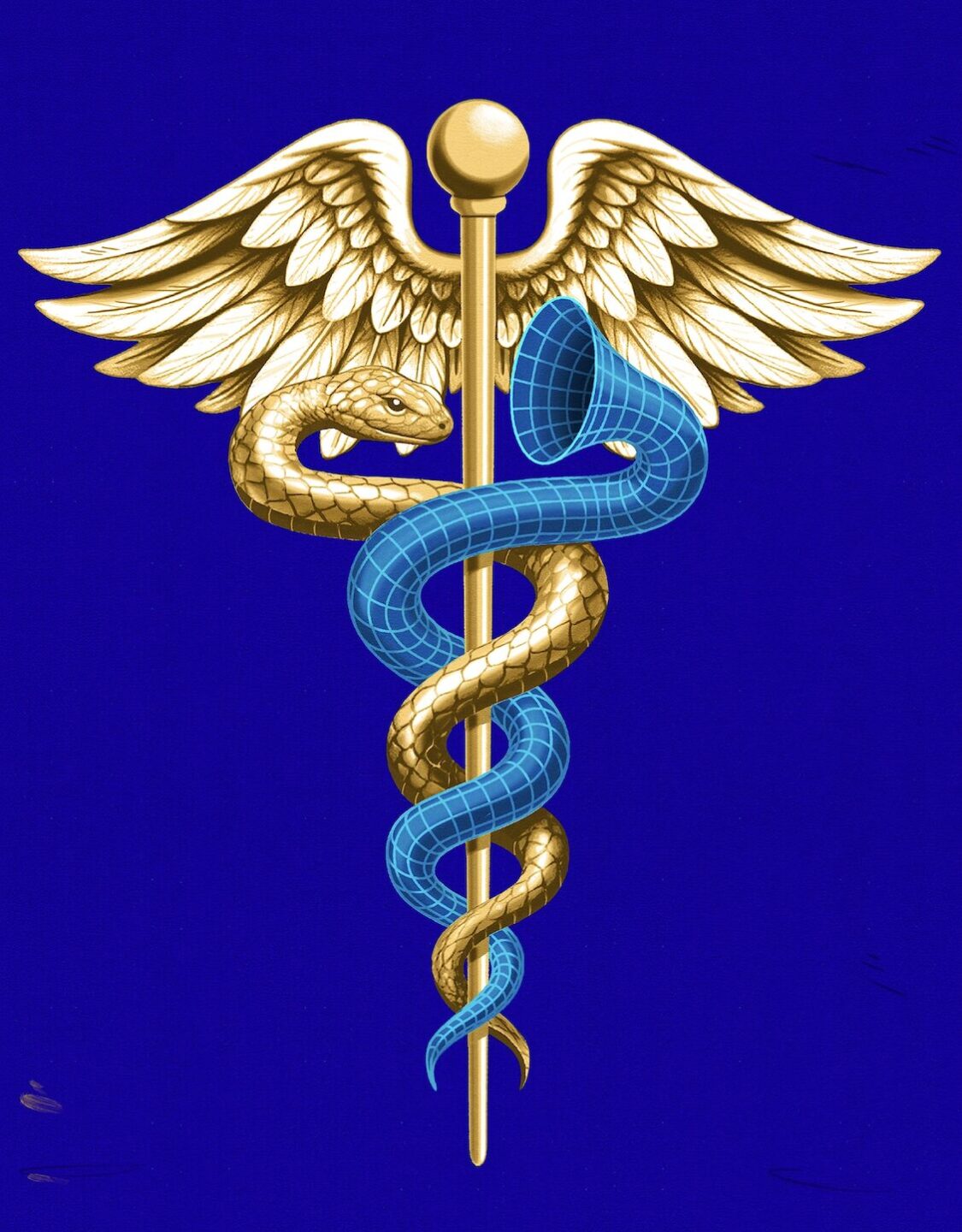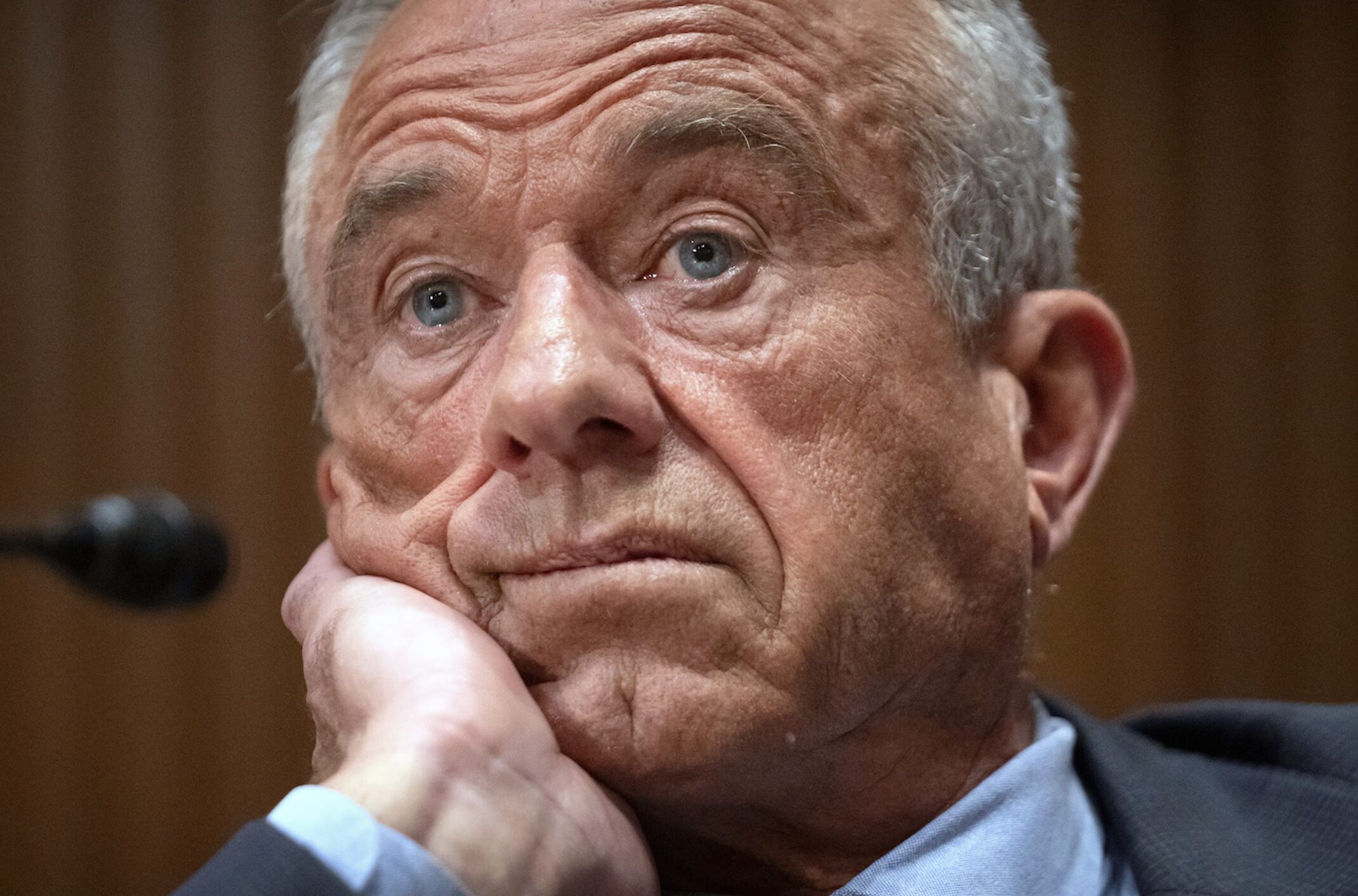When President Donald Trump tapped anti-vaccine crusader Robert F. Kennedy Jr. as health and human services secretary, politicians on both sides of the aisle and many reputable doctors reacted with cautious optimism. They reasoned that any damage he might inflict on vaccine standards could be offset by his promised reforms to address chronic diseases.
It should be clear by now that this logic was flawed. For the latest evidence, look to Kennedy’s newly released action plan to “Make America Healthy Again.” At best, it’s a disappointing grab bag of half-baked ideas. At worst, it’s a blueprint for how Kennedy’s health agenda will actively make Americans sicker.
The most charitable assessment of the document is that it is incoherent and disorganized. It prescribes no fewer than 128 action items, spread across multiple agencies, including the National Institutes of Health, the Food and Drug Administration, the Agriculture Department and the Environmental Protection Agency.
Some policies are so vague as to be virtually meaningless. For instance: “The EPA and NIH will study air quality impacts on children’s health and utilize existing research programs to improve data collection and analysis.” Others are so oddly specific — such as the directive for HHS to “undertake a study on electromagnetic radiation” — that they read like a brainstorm from staffers scrambling to meet a quota.
Several proposals should raise red flags for health professionals already on high alert about Kennedy’s campaign to erode vaccine access. Not only will the NIH create a “new vaccine injury research program,” according to the report, but the federal government will also be “ensuring America has the best childhood vaccine schedule” and advancing “scientific and medical freedom.” This sounds like code for Kennedy’s life’s work of casting vaccines as more dangerous than the diseases they prevent and redefining “freedom” as the right to expose children and vulnerable people to preventable illnesses.
Meanwhile, those who assumed Kennedy would apply the same heavy-handed zeal toward unhealthy food and environmental toxins will be disappointed. In May, his team released its first MAHA report, a sweeping indictment that noted nearly 70 percent of children’s calories now come from ultra-processed food and that “alarming levels” of pesticides and microplastics have been detected in children and pregnant women. Entire sections of the report lambasted food production and agrochemical industries, linking ultra-processed foods and chemicals to chronic diseases such as obesity and cancer.
This kind of forceful language vanished in the latest strategy document. Ultra-processed foods earned just a single mention, and only in the context of developing a government-wide definition to “support potential future research and policy activity.” Pesticides and plastics fared no better, reduced to muted promises of more “research” and “evaluation.”
In fact, the research already exists and is abundantly cited in Kennedy’s May report. There is no shortage of measures he could have championed, such as adding warning labels to the packaging of highly processed products, banning them from school lunches, restricting pesticide use in agricultural products and limiting microplastics in consumer goods. He recommended none of them.
This suggests one of two things: Either Kennedy caved to the industries he vowed to hold accountable, or he never cared much about these priorities in the first place. Both should disappoint his ardent supporters.
Detractors could point out other notable omissions. If the goal is healthier children, why was the leading cause of death among children — firearms — nowhere to be found in the strategy document? Why is there so much emphasis on preventing the “overmedicalization” of children and zero focusing on the more than 10 percent of children who don’t even have a primary care provider?
Perhaps the most perverse logic is expecting the public to believe that children can be healthier while the government is hindering the services that enable them to thrive. Some 13 million children already face food insecurity, a figure that will surely rise under the Trump administration’s cuts to the Supplemental Nutrition Assistance Program. Nearly half of all children rely on Medicaid and the Children’s Health Insurance Program, which also face steep reductions. Rollbacks of EPA regulations will worsen, not improve, air and water quality. And let’s not forget the deep cuts to research on the diseases Kennedy pledges to eradicate.
The MAHA strategy is billed as “the most sweeping reform agenda in modern history.” Indeed, it might well be — in the sense that it could be an effective recipe for increasing both infectious diseases and chronic ailments. What Kennedy considers success, the public health community would term a generational calamity.
Dr. Leana Wen is a compelling keynote speaker because she combines her expertise as a physician and public health leader with a unique ability to translate complex medical issues into clear, actionable guidance for the public. Her thoughtful commentary on critical health topics—from vaccines to health equity—makes her an invaluable voice in today’s fast-evolving healthcare landscape. With her deep experience in both clinical practice and policy, she empowers audiences to make informed decisions and engage meaningfully with public health challenges. To host her at your event,
contact us.


